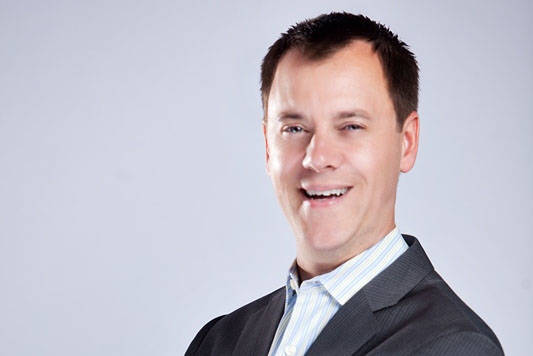As Alaskans we are facing difficult challenges and uncertain times. As a state we are facing health and economic challenges not seen before, which makes us wonder what the future holds for us. Through the uncertainty one thing remains certain: our future as a state rests upon how we ensure the next generation thrives. Children are our greatest resource and hope for the future. They represent 25% of Alaska’s population — and 100% of our future.
And right now, Alaska’s youngest residents — its children — need our help. According to the 2019 KIDS COUNT Alaska report, Alaska ranks 45th in the nation for child well-being. Alone this ranking is alarming. It is even more so when you consider that just five years ago, we ranked 27th.
In times of challenge, Alaskans have always united to take care of our own. Now is the time to come together and better understand how we invest in our greatest resource — our children. We need to better understand how the state invests in children and families — both now and in context within the last decade. The Alaska Children’s Trust released the Alaska Children’s Budget earlier this week: a unique and informative publication to tell the story of how our state invests in children. The goal of the Children’s Budget is to encourage Alaskans to look at the state budget through a different lens. To look beyond the actual dollars spent and focus instead on how those dollars impact the future success — or failure — of our children.
The state’s Fiscal Year 2020 budget allocates $3.15 billion, or 30% of the overall budget, toward children’s issues. This allocation is 12.5% smaller than the state’s average spending on children’s issues 10 years ago and represents a roughly $400 million annual decrease. Adjusted for inflation, over the past decade Alaska has spent less on the education and economic well-being of children and families, and more on health and family/community issues. Overall though we’re spending hundreds of million of dollars less and it’s beginning to show in the well-being of our children.
The ramifications of failing to adequately invest in Alaska’s children and families are vast and far-reaching, both in the short- and long-term. Shortchanging our children negatively impacts their physical and mental health, their cognitive and developmental growth, their education, and their future employment prospects. We can’t afford to do that. Alaska KIDS COUNT data show that 1 in 3 Alaskan children live in poverty, 15% live in households without enough food, and the number without health care is almost twice the national average.
These negative effects have ramifications to our community as children grow into adulthood. We see it in increased rates of crime and substance abuse issues, loss of economic investment in our community, and increased pressure on social service agencies, like Medicaid and WIC, mental and behavioral health and law enforcement and corrections.
The Children’s Budget doesn’t advocate for a specific dollar amount to be put toward programs that support children and families because there is no “right-size” number. The “right” allocation varies from state to state, even from year to year, and depends on current data, the state’s vision for children, and its plan to achieve that vision.
Instead, we hope that the Children’s Budget encourages conversations at the state, local and community level about how much of Alaska’s budget should be allocated toward the well-being of Alaska children and families, and how those dollars should be spent, as measured by Alaska KIDS COUNT data.
How can Alaska refocus and ensure Alaska’s children thrive? First is to continue to look at the budget through a different lens — beyond just numbers and mathematical formulas. As the Children’s Budget suggests, focus on upstream policy choices with significant downstream benefits, maximizing the amount of federal money flowing into our economy to stretch our investment further, develop a statewide plan focused on child well-being, and finally, stop allowing current resources to be a barrier to creating a better future for our children.
Changing our focus won’t be easy. But the cost of not doing so is far too great for our children and society to bear. We are facing challenging and uncertain times. Let’s start the conversations on how to invest in our greatest resource: our children. The Alaska Children’s Budget can help us begin.
Trevor Storrs is the President/CEO of the Alaska Children’s Trust (ACT), the lead statewide agency that addresses the prevention of child abuse and neglect. Since its conception, ACT has led the way in building awareness, providing education, and bringing communities together statewide to prevent child abuse and neglect. ACT recognizes that healthy child development is an essential building block for community and economic development.

